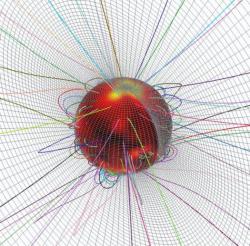Psychology of food, ... Well DUH
I found this post by Sandra Kiume, and I hsd to share it with you. What a facsinating description of what we all knew. Still we now know it is true...
Though many people are concerned about overeating and obesity, usually it’s in the context of intentional bingeing and grazing. The Cornell University Food and Brand Lab, however, studies the unintentional overeating that contributes to obesity.
Often it’s about perception, and marketers who exploit those psychological mechanisms. For example, people eat more of and report more satisfaction with menu items that have long descriptions instead of simple names (chocolate cake vs. a name like Belgian extra dark chocolate mousse layer cake).
There’s the club store curse, which leads to overeating when food is stockpiled. Also, large package sizes increase consumption by an average 22%, while large movie popcorn buckets led people to eat 45% more even when the popcorn was 10-days-old stale.
A visual illusion (vertical-horizontal illusion) causes people to pour more liquid into a short wide glass than a tall thin one - something to remember at your New Years Eve party.
Of course, while unknowing overeating can have negative effects, the same principles can be applied to increase consumption of healthier foods.









No comments:
Post a Comment